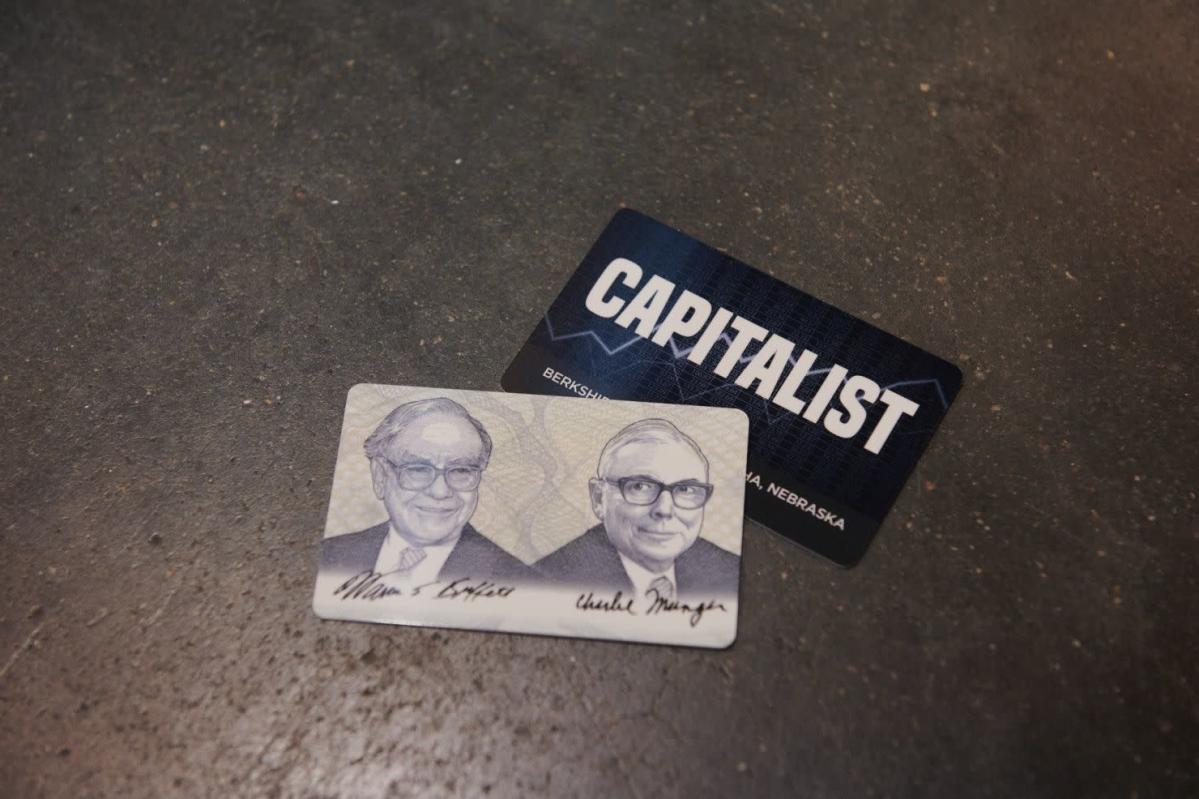(Bloomberg) — Warren Buffett’s Berkshire Hathaway Inc. is following an age-old adage: Buy the dip.
Most Read from Bloomberg
The conglomerate was a net buyer of equities in the quarter, reporting $3.8 billion in purchases, according to results released Saturday. It was a net seller in the second quarter of last year.
Berkshire stepped in as the S&P 500 shed 16% in the latest quarter. The Omaha, Nebraska-based company also reported an operating profit of $9.2 billion as the insurance and railroad businesses posted gains.
Cathy Seifert, an analyst with CFRA Research, said one business flashing potential warning signs is Geico, the company’s personal auto-insurance unit. It reported an underwriting loss of $487 million, even as the conglomerate’s other insurance lines gained alongside the division’s investment income.
But Seifert said the report as a whole reflected “decent top-line growth, still decent demand for various goods and services, offset by higher input costs and volatility in equity markets.”
‘Tough Spot’
Berkshire said losses at Geico were the result of higher claims due to rising used-car prices and auto parts shortages. The company said policies-in-force declined even as it increased premiums, a potential sign that the business is losing market share as customers hunt for better rates elsewhere.
“They’re in a little bit of a tough spot right now,” Seifert said, adding that the same trends are playing out at other auto insurers but appear to be hitting Geico particularly hard. “It’s probably a good idea to watch for further deterioration.”
The same market weakness increasing Buffett’s buying power is weighing on his company’s results, at least on paper. The company reported a net loss of $43.8 billion due to a $53 billion loss in the company’s investment portfolio. Berkshire downplays those results as a function of accounting rules, saying they provide a misleading picture of the company’s actual performance.
What Bloomberg Intelligence Says:
“Berkshire was a net buyer of equities in 2Q by $3.8 billion, or $45.2 billion in 2022, vs. a $16 billion net seller in 2020-21. We think this may continue and doesn’t necessarily signal Buffett is bearish on his own shares; buybacks have historically been a lower priority use of capital. Repurchases of $1 billion in 2Q declined from the 2021 pace of about $7 billion a quarter.”
— Matthew Palazola, BI senior insurance industry analyst
Bloomberg calculated the net purchases by subtracting first-quarter numbers from the first-half total.
Buffett’s appetite for his own stock declined even as he piled into shares elsewhere. Stock buybacks clocked in at $1 billion for the second quarter, lagging the $3.2 billion in repurchases made at the start of the year. Insurance-investment income clocked in at $1.91 billion.
The company also reported that Berkshire Hathaway Energy had acquired $870 million in common stock from Vice Chairman Greg Abel in June. The transaction wasn’t previously disclosed.
Despite the spending spree, Berkshire made only a measly dent in its cash pile. The company reported $105.4 billion at the end of June, barely budging from the $106 billion at the end of the first quarter.
The aggressive pace at which Berkshire picked up shares of Occidental Petroleum Corp. has raised questions as to whether Berkshire is looking to make an acquisition of the energy giant. But the company didn’t provide insight into its strategy in this quarter’s regulatory filing.
(Adds insurance investment income. A previous version corrected the net equity purchase number.)
Most Read from Bloomberg Businessweek
©2022 Bloomberg L.P.




















Discussion about this post